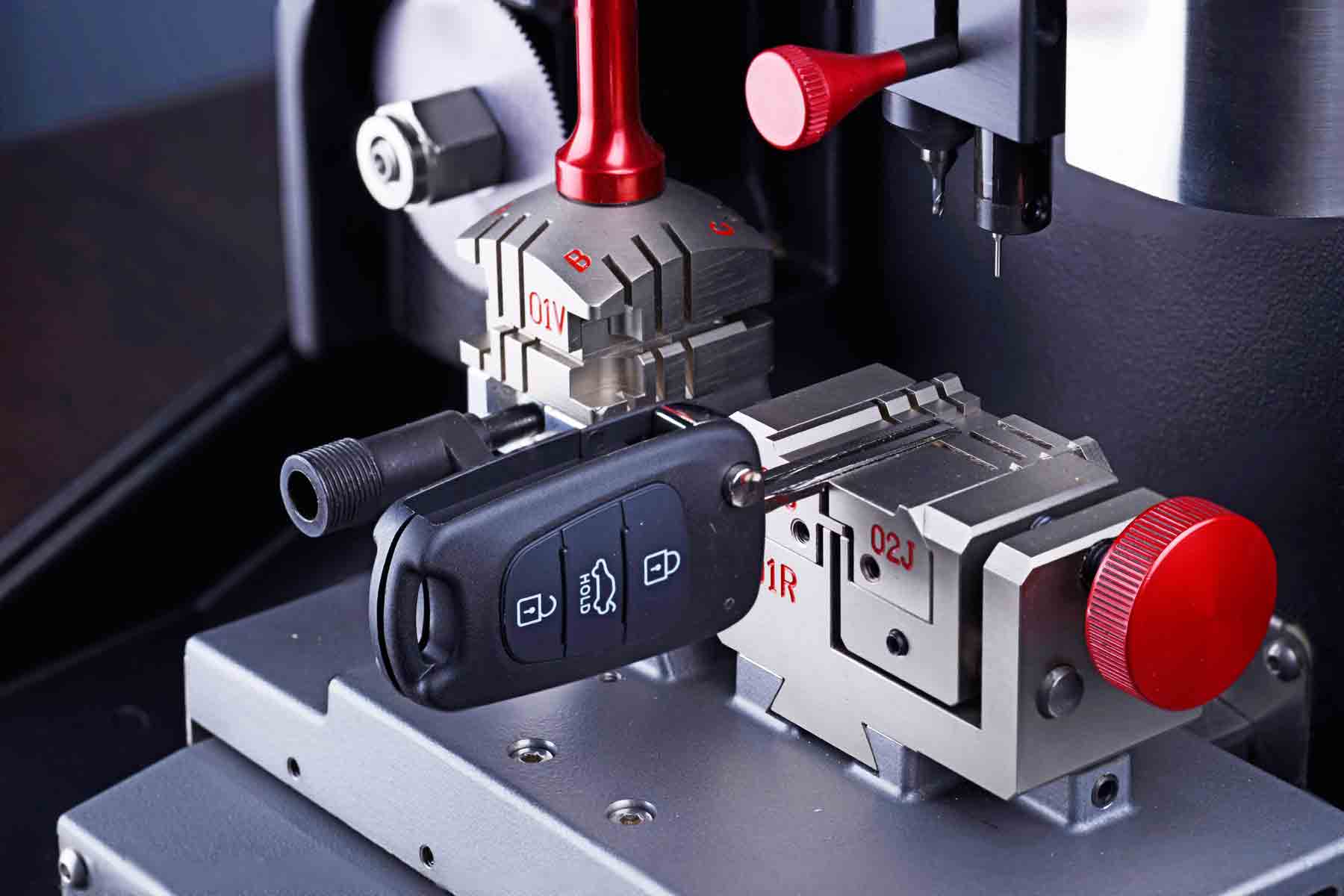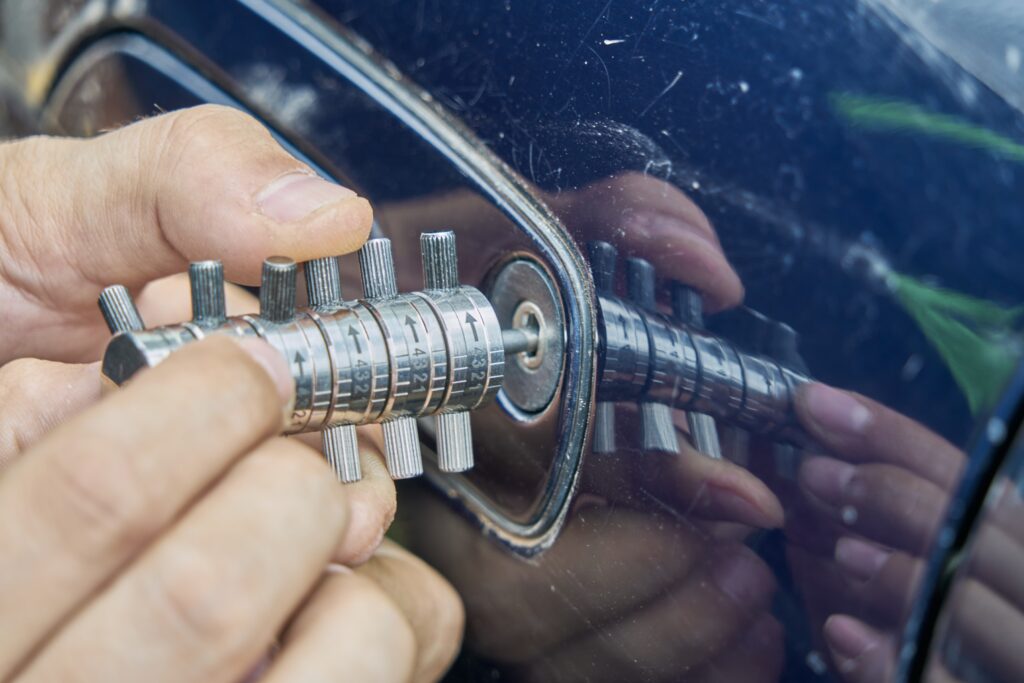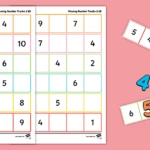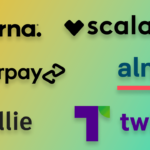Now Reading: How Much to Make a Copy of a Key: A Complete Guide
-
01
How Much to Make a Copy of a Key: A Complete Guide
How Much to Make a Copy of a Key: A Complete Guide

Have you ever found yourself locked out of your own home, staring at the door and wishing you had an extra key? Or maybe you’ve just moved into a new place and need to give a spare to a family member or a trusted neighbor. Whatever the reason, getting a key copied is a common task. But a question that immediately pops into mind is, how much to make a copy of a key? The answer isn’t always straightforward. The price can range from just a couple of dollars to over a hundred, depending on the type of key you have.
This guide will walk you through everything you need to know about the cost of key duplication. We will explore the different types of keys, the places you can get them copied, and the factors that influence the final price. You’ll also get some handy tips on how to save money and ensure you get a quality copy that works every time. By the end, you’ll be an expert on the subject and know exactly what to expect.
Key Takeaways
- The cost to copy a standard house key is typically low, often between $2 and $6.
- Specialized keys, like car keys with transponder chips or high-security keys, are significantly more expensive to duplicate, sometimes costing hundreds of dollars.
- Factors influencing the cost include the key’s complexity, the brand, whether it’s a restricted key, and where you get it copied (e.g., hardware store vs. locksmith).
- Hardware stores and big-box retailers are great for simple keys, but locksmiths are necessary for complex or high-security keys.
- Always test your newly copied key as soon as possible to ensure it works correctly in the lock.
Understanding the Basics of Key Duplication
Before we dive into the specific costs, let’s understand what key duplication involves. At its core, it’s the process of creating a new key based on an existing one. A key-cutting machine traces the unique grooves and notches of your original key and carves an identical pattern onto a blank key. This blank, also known as a key blank, must match the type and brand of your original key to fit into the lock.
For most standard keys, this process is quick and simple. An employee at a hardware store can often make a copy for you in just a minute or two. However, for more advanced keys, the process is far more complex. It might involve specialized equipment, proprietary key blanks, and even programming electronic components. Understanding this difference is the first step in figuring out how much to make a copy of a key you should expect to pay. A simple brass key for your front door uses a different process and materials than a modern car key with a built-in remote.
Factors That Influence Key Copying Costs
Several variables can affect the final price tag when you’re looking into how much to make a copy of a key. It’s not a one-size-fits-all situation. Being aware of these factors will help you understand why you might be quoted a certain price and avoid any surprises.
Type and Complexity of the Key
The single biggest factor is the type of key you need to copy.
- Standard Keys: These are the most common keys for homes and simple padlocks. They have a single set of cuts on one side. They are the cheapest and easiest to duplicate.
- Double-Sided Keys: These have cuts on both sides, allowing them to be inserted into the lock either way up. They are slightly more complex than standard keys but still relatively inexpensive to copy.
- High-Security Keys: These keys often have patented designs, multiple sets of cuts, or internal mechanisms like pins or magnets. Brands like Medeco or Mul-T-Lock produce these, and they are designed to be difficult to copy to prevent unauthorized duplication.
- Transponder Car Keys: Most cars made after the mid-1990s use transponder keys. These have a small chip inside that communicates with the car’s ignition. Copying these requires not only cutting the metal key but also programming the new chip.
- Laser-Cut Keys: Also known as sidewinder keys, these have a unique winding cut engraved into the side of the blade rather than on the edge. They are thicker and require special laser-cutting machines.
- Antique or Skeleton Keys: These older keys for furniture or old doors can be tricky. If a blank is available, it might be straightforward. If not, a locksmith might have to create one from scratch, which is a much more involved and costly process.
The Brand of the Key
Believe it or not, the brand matters. Some key manufacturers, like Schlage and Kwikset, use common keyways, and their blanks are widely available. Other brands, especially those focused on high security, create proprietary key blanks that are only distributed to authorized dealers or locksmiths. This restricted access increases the cost and limits where you can get a copy made. If your key has “Do Not Duplicate” stamped on it, it’s a signal that it might be a restricted key, requiring special authorization to copy.
The Material of the Key Blank
Key blanks come in different materials, most commonly brass or a nickel-silver alloy. While the material cost difference for a standard key is minimal, it can be a factor. More importantly, decorative or custom keys—like those with your favorite sports team logo or a colorful plastic head—will cost more than a basic metal key. These are a fun way to personalize your keychain, but you’ll pay a premium for the design.
Where You Get the Key Copied
The location you choose for key duplication plays a huge role in the price. A self-service kiosk will have a different price point than a professional locksmith. We will explore these options in more detail later, but generally, convenience and expertise come at a price. A locksmith’s expertise is invaluable for complex jobs, justifying a higher cost.
Cost Breakdown: How Much to Make a Copy of a Key by Type
Now for the main event. Let’s break down the typical costs you can expect for different types of keys. Keep in mind that these are average prices, and your actual cost may vary based on your location and the factors we just discussed.
|
Key Type |
Average Cost Range |
Notes |
|---|---|---|
|
Standard House Key (e.g., Schlage, Kwikset) |
$2 – $6 |
Most common; available at hardware stores, kiosks. |
|
Double-Sided House Key |
$3 – $7 |
Slightly more complex but still widely available. |
|
Decorative or Custom Head Key |
$5 – $12 |
Price depends on the design and licensing. |
|
Basic Mailbox or Filing Cabinet Key |
$3 – $8 |
Simple, but blanks may be less common. |
|
High-Security Key (e.g., Medeco, Mul-T-Lock) |
$20 – $100+ |
Requires a specialized locksmith and proof of ownership. |
|
Standard Car Key (No Chip) |
$5 – $15 |
For older vehicles, typically pre-1995. |
|
Laser-Cut Car Key (No Chip) |
$25 – $60 |
Requires a laser-cutting machine. |
|
Transponder Car Key (Chip, No Remote) |
$50 – $150 |
Requires cutting and chip programming. |
|
Car Key with Integrated Remote/Fob |
$150 – $400+ |
Most expensive; dealership prices are often higher. |
|
Key Card or Fob for Apartments/Offices |
$10 – $50 |
Depends on the system’s technology (RFID, NFC). |
Standard House Keys
For a basic house key from a common brand like Kwikset or Schlage, you are in luck. This is the simplest and most affordable type of key to copy. The question of how much to make a copy of a key for your home is usually answered with pocket change. You can expect to pay between $2 and $6 per key at most hardware stores or big-box retailers. The process takes only a minute or two.
High-Security and Restricted Keys
If your key has a unique shape, side pins, or the words “Do Not Duplicate” (DND) stamped on it, the cost will be much higher. These keys are designed to provide an extra layer of security by controlling who can make copies. You typically can’t just walk into any hardware store to get one made. You will need to find an authorized locksmith who deals with that specific brand. You’ll likely need to provide an ID and a special authorization card that came with the original locks. The cost for these can range from $20 to over $100, reflecting the security they provide.
Car Keys: A More Complex Story
Car keys are where the question of how much to make a copy of a key gets complicated. Modern car keys are more than just pieces of metal; they are part of your vehicle’s security system.
Traditional Car Keys (No Chip)
If you drive an older car, generally from the mid-1990s or earlier, you might have a simple metal key with no electronic components. These are straightforward to copy and are similar in price to a house key, usually costing between $5 and $15.
Transponder Keys
Most cars today use transponder keys. A tiny chip in the plastic head of the key emits a unique code that the car’s ignition system must recognize to start the engine. Copying this type of key is a two-step process: cutting the metal blade and programming the new chip. An automotive locksmith can often do this for much less than a dealership. You can expect to pay anywhere from $50 to $150 for a new transponder key.
Laser-Cut and Remote Keys
Newer vehicles often feature laser-cut keys and integrated remotes or keyless entry fobs. Laser-cut keys have a thicker shank with a grooved channel cut down the middle, requiring specialized equipment. Keys with built-in remotes for locking/unlocking doors and starting the car are even more complex. Duplicating and programming these can be very expensive, often ranging from $150 to over $400, especially if you go to a car dealership. For these complex tasks, it’s always wise to get a quote first.
Where Can You Get a Key Copied?
You have several options when it comes to getting a key duplicated. The best choice depends on the type of key you have, how quickly you need it, and your budget.
Hardware Stores and Big-Box Retailers
- Examples: Ace Hardware, True Value, Home Depot, Lowe’s
- Best For: Standard house keys, padlock keys, and some basic car keys without chips.
These are often the most convenient and affordable places for simple key copying. Most have a dedicated key-cutting station with a trained employee who can make a copy for you in minutes. The selection of key blanks is usually extensive for common residential locks. If you are wondering how much to make a copy of a key for your front door, this is your cheapest bet.
Self-Service Kiosks
- Examples: KeyMe, MinuteKey
- Best For: Standard house, office, and mailbox keys.
Found in grocery stores and large retail outlets, these automated kiosks are a great option for quick, easy copies. You simply insert your key, the machine scans it, and then it cuts a new one. Prices are competitive with hardware stores. Some services like KeyMe even allow you to save a digital scan of your key in the cloud, so you can create a new one later using just your fingerprint, even if you lose the original. However, they cannot handle most car keys or high-security keys.
Professional Locksmiths
- Best For: High-security keys, transponder car keys, antique keys, and any complex or unusual key.
When the hardware store can’t help, a locksmith is your go-to expert. They have the specialized knowledge and equipment to handle a wide variety of keys, including restricted and electronic ones. While they are more expensive, you are paying for their expertise and the ability to do the job right. For a complex transponder key or a high-security lock, a locksmith is often cheaper than a car dealership and is the only option for certain proprietary keys. Finding a reliable locksmith is crucial; you can find more tips on securing your property at sources like Forbes Planet.
Car Dealerships
- Best For: Transponder keys, key fobs, and laser-cut keys for your specific make and model.
A car dealership is guaranteed to have the right key blank and programming equipment for your vehicle. However, this guarantee comes at a premium. Dealerships are almost always the most expensive option for car key duplication. They may be the only choice for some of the newest and most advanced vehicle key systems, but it’s always worth checking with an automotive locksmith first to see if you can get a better price.
“Do Not Duplicate” Keys: What Does It Really Mean?
Many people see “Do Not Duplicate” or “DND” stamped on a key and assume it’s illegal to copy it. In reality, this stamp is more of a request than a legal command in most places. A key marked “DND” is part of a key control system intended to stop unauthorized copying. While a kiosk or an employee at a big-box store might refuse to copy it based on store policy, the stamp itself doesn’t carry legal weight unless the key is part of a patented, restricted system.
If you are a tenant and the key was provided by your landlord, you should not copy it without permission, as it could violate your lease agreement. If you own the lock, you have the right to make copies. However, if the key is part of a high-security system (like Medeco), a locksmith will require proof of ownership and authorization before they agree to duplicate it. This is the real security behind such systems, not just the stamp on the key.
Tips for Saving Money on Key Duplication
While a single key copy might not break the bank, the costs can add up, especially for multiple keys or expensive car keys. Here are a few tips to help you save some money.
- Shop Around: For expensive keys, especially car keys, get quotes from multiple places. Call a few automotive locksmiths and your dealership to compare prices for your specific make and model.
- Use Hardware Stores for Simple Keys: Don’t go to a locksmith for a standard house key. A hardware store or self-service kiosk will almost always be cheaper and faster.
- Consider an Automotive Locksmith over a Dealer: For transponder keys and remote fobs, an automotive locksmith is often significantly cheaper than the dealership. They have the same capabilities for most vehicles.
- Check Your Warranty or Insurance: Some car warranties or roadside assistance programs may cover the cost of a lost or broken key. It’s worth checking your policy documents.
- Buy Your Own Key Blanks: For some car keys, you can buy a compatible key blank or remote fob online for a lower price and then pay a locksmith or dealer just for the cutting and programming services. Be careful, however, to ensure you are buying a quality, compatible product.
Ensuring Your New Key Works
After you’ve figured out how much to make a copy of a key and have your new duplicate in hand, there’s one final, crucial step: test it. Don’t just throw it in a drawer and assume it works.
- Test It Immediately: As soon as possible, take the new key and try it in the lock. Test it multiple times.
- Check Both Sides: If it’s a double-sided key, make sure it works when inserted either way.
- Don’t Force It: A well-made copy should turn as smoothly as the original. If you have to jiggle or force it, the copy is not accurate and could damage your lock over time.
- Return If It Fails: If the key doesn’t work, take it back to where you had it made. Most places guarantee their work and will re-cut the key for you at no additional charge.
This simple step can save you from the major headache of being locked out with a spare key that fails you when you need it most.
Conclusion
Determining how much to make a copy of a key involves more than just a single price point. The cost is a reflection of the key’s complexity, the technology embedded within it, and the level of security it provides. For a simple house key, you can expect to pay just a few dollars at your local hardware store. For a modern car key with a transponder chip and remote, the cost can soar into the hundreds, especially at a dealership.
By understanding the different types of keys and knowing where to go for each, you can make an informed decision that balances cost, convenience, and quality. Always remember to use a reputable provider, especially for high-security and automotive keys, and don’t forget to test your new copy right away. Having a reliable spare key provides peace of mind that is well worth the small investment of time and money.
Frequently Asked Questions (FAQ)
Q: How much does it cost to copy a key at Walmart?
A: At Walmart, you can typically use a self-service kiosk like MinuteKey. The cost for a standard brass key is usually between $2 and $5. They also offer decorative keys, which may cost a bit more.
Q: Is it cheaper to copy a key or replace a lock?
A: It is almost always significantly cheaper to copy a key. Replacing a lock can cost anywhere from $50 to $300 or more, depending on the lock’s quality and whether you hire a locksmith for installation. Key copying is a much more affordable solution if you just need an extra key. You should only replace a lock if you’ve lost all your keys and are concerned about security.
Q: Can I get a car key copied without the original?
A: Yes, but it is more complicated and expensive. If you lose your only car key, an automotive locksmith or dealership can create a new key using your car’s Vehicle Identification Number (VIN). They will also need proof of ownership, such as your vehicle registration and ID. This process is much more costly than simple duplication.
Q: Why are some keys marked “Do Not Duplicate”?
A: This stamp indicates that the key is part of a key control system designed to prevent unauthorized copies. While not legally binding for non-patented keys, many businesses will honor the request. For patented high-security keys, a locksmith will require special authorization and proof of ownership to make a copy.
Q: How long does it take to make a copy of a key?
A: A standard house key can be copied in under two minutes at a hardware store or kiosk. A transponder car key might take 20-30 minutes for cutting and programming. A high-security key or creating a key from scratch could take longer.
















